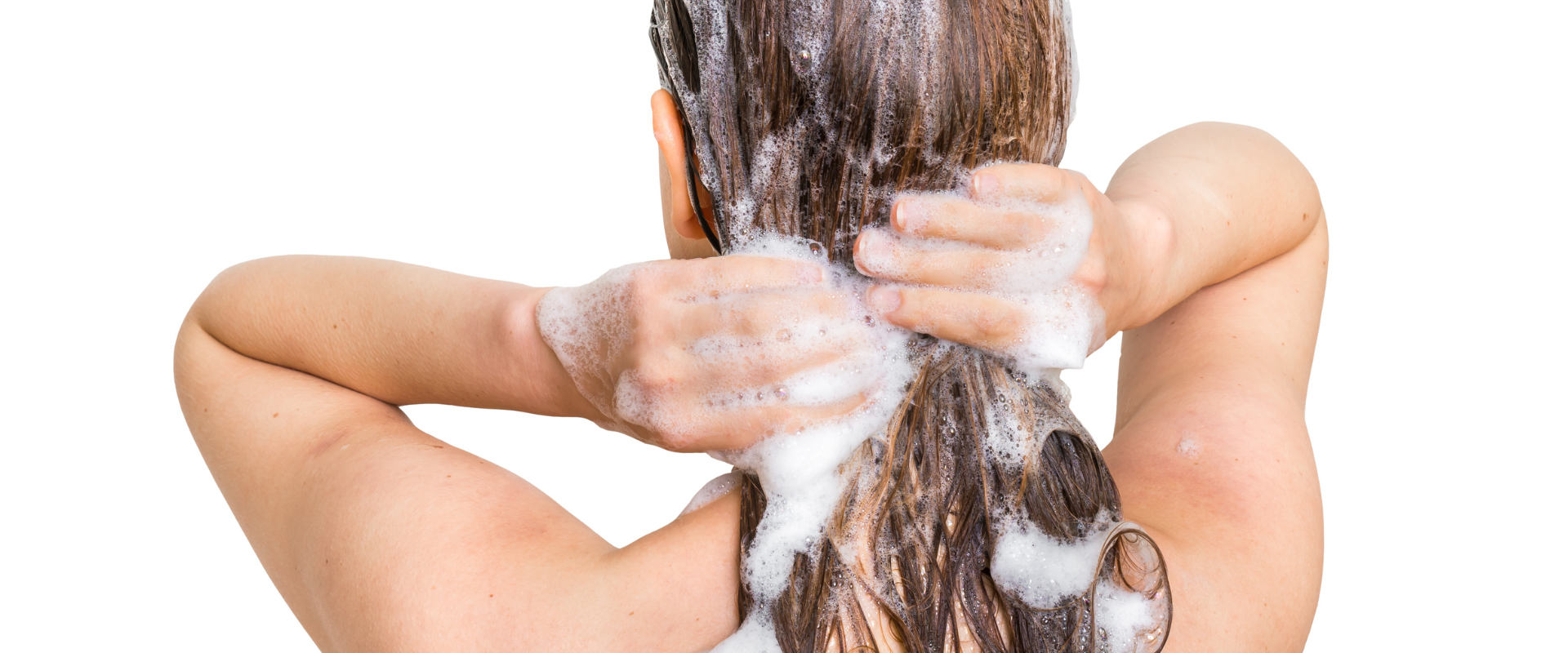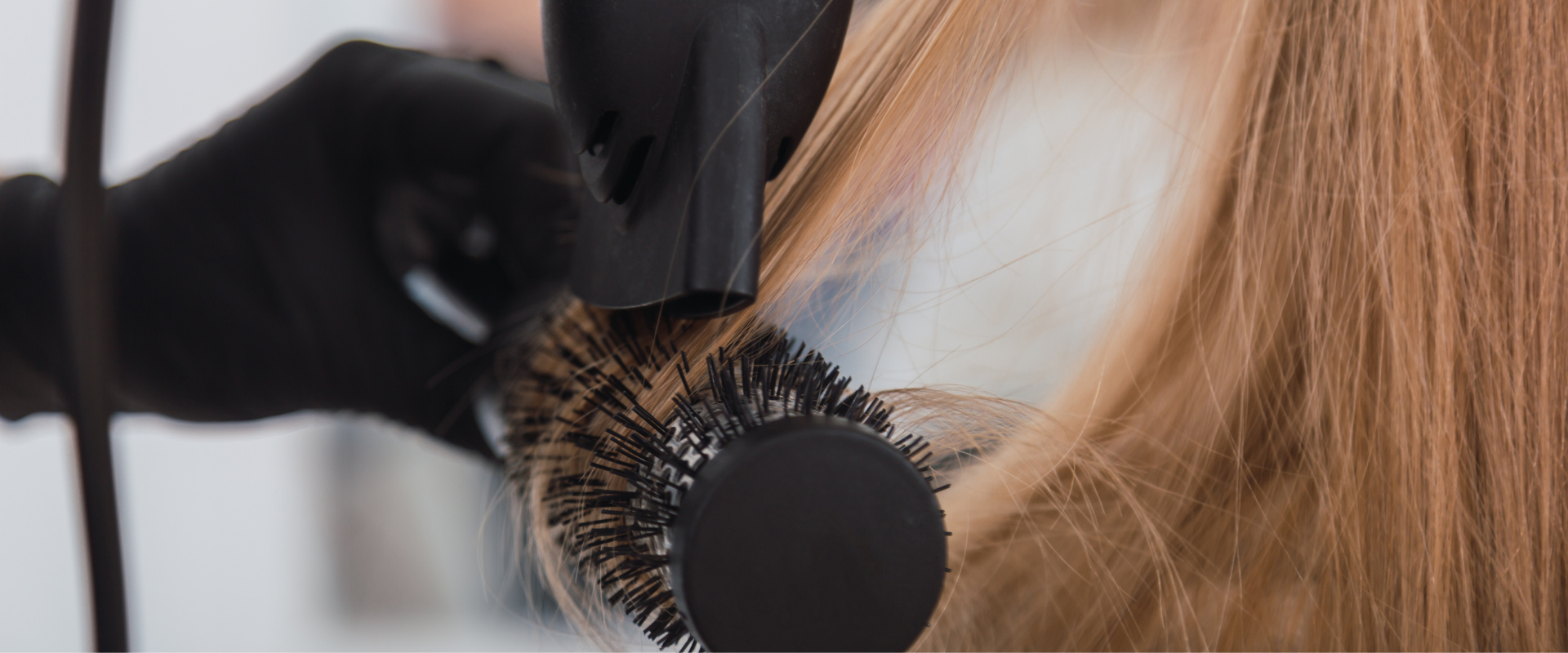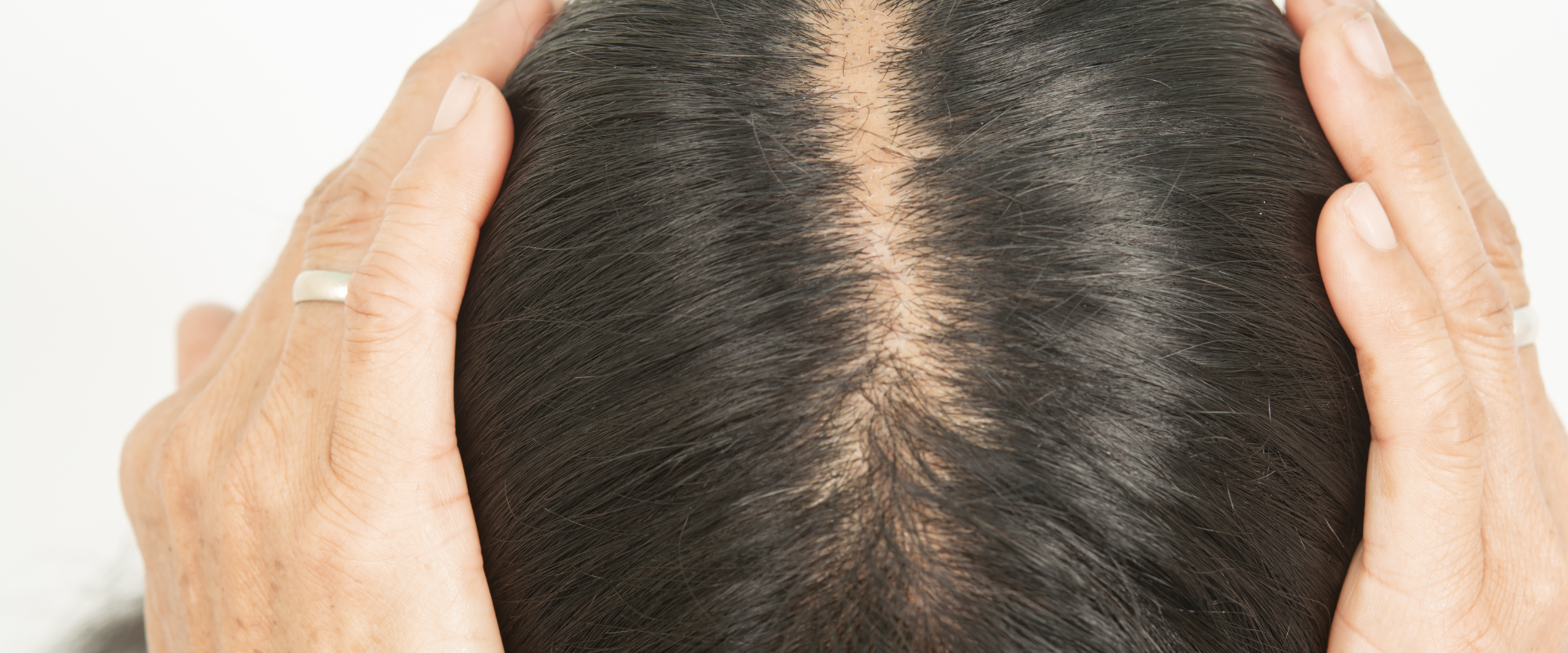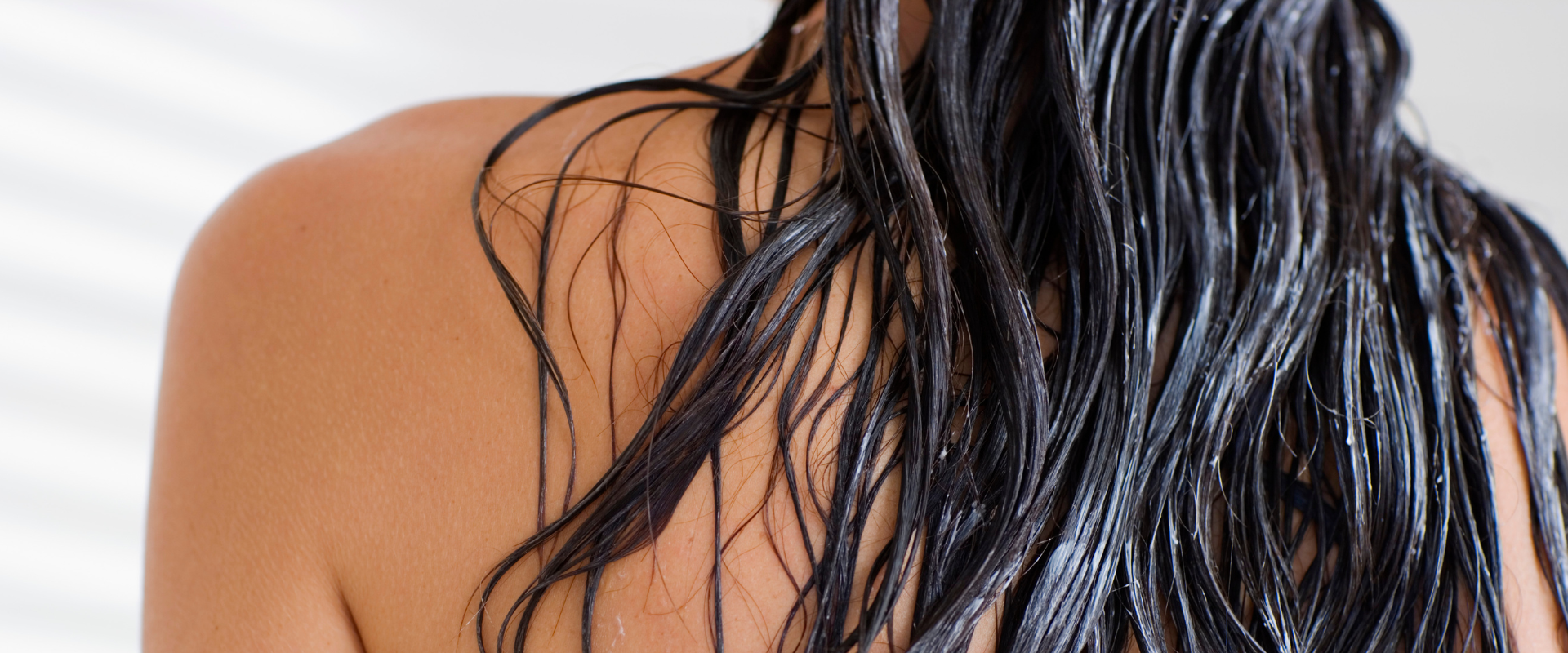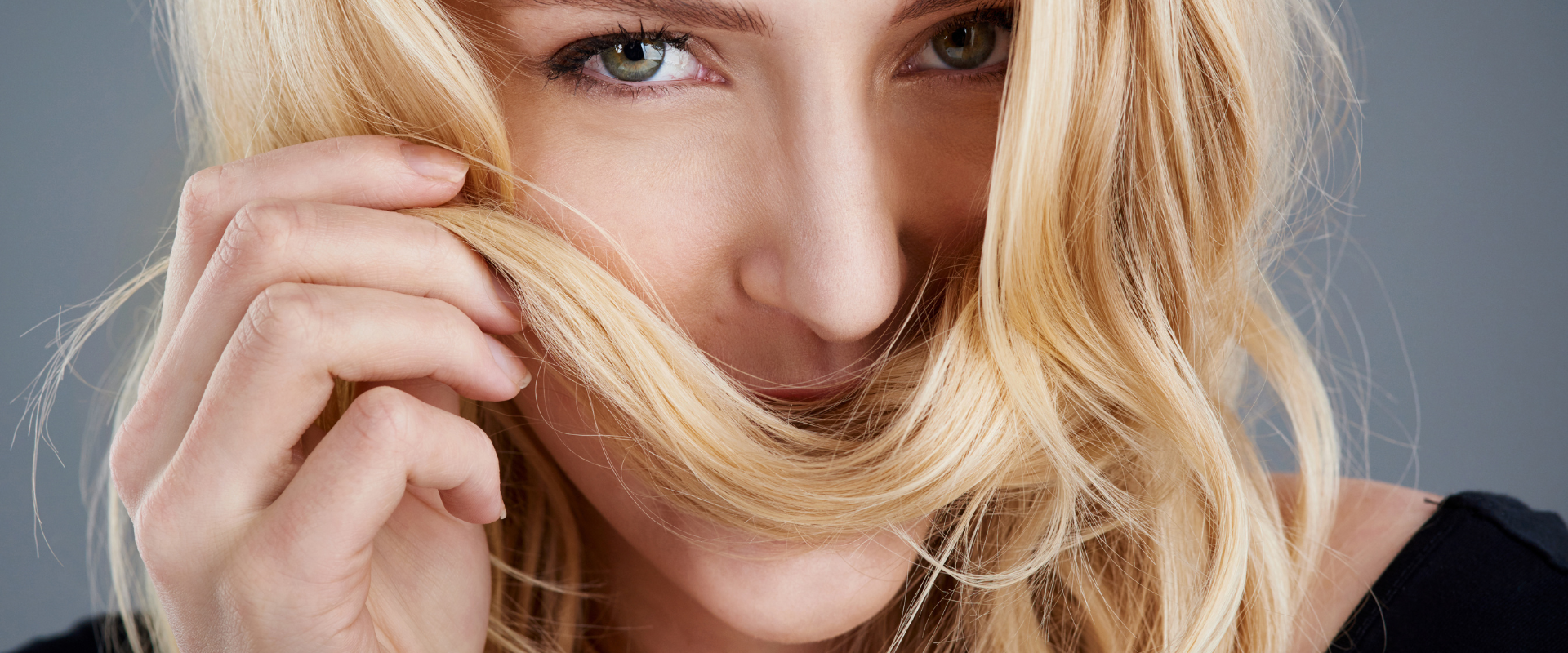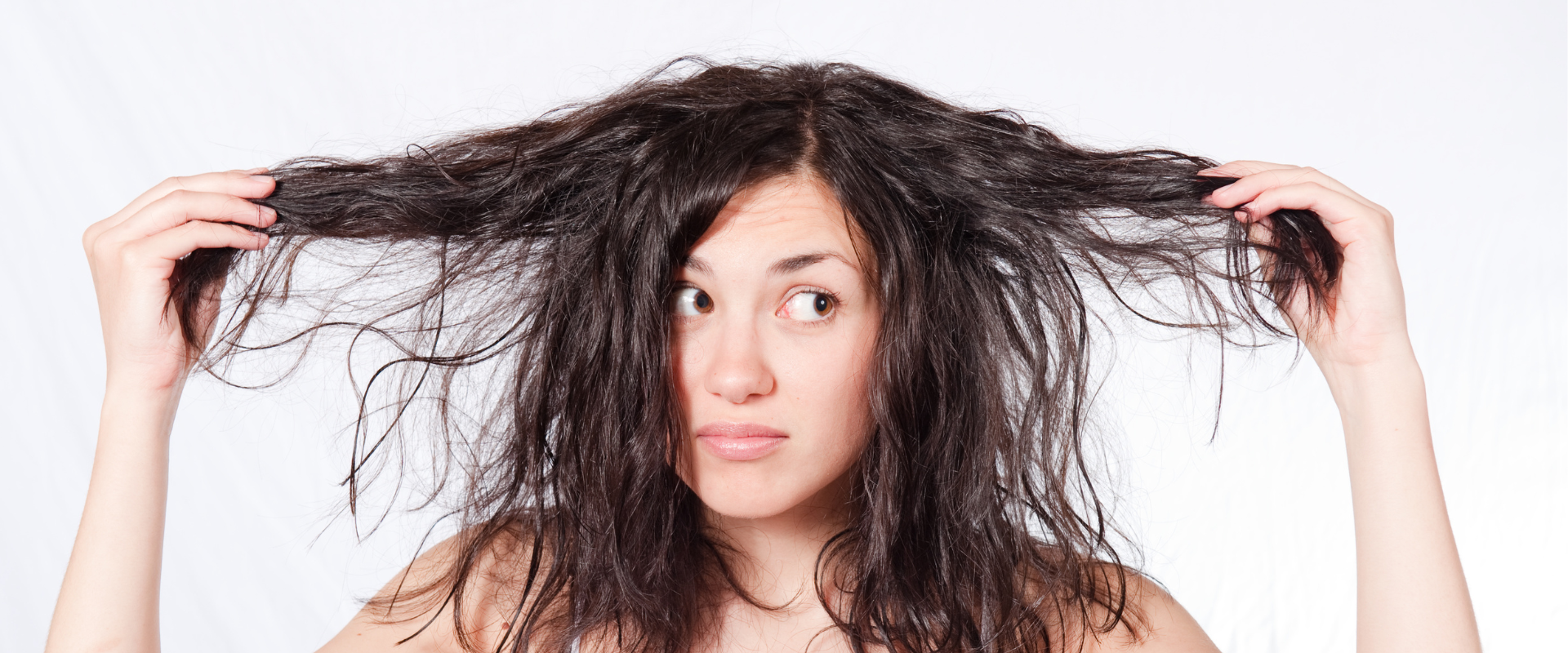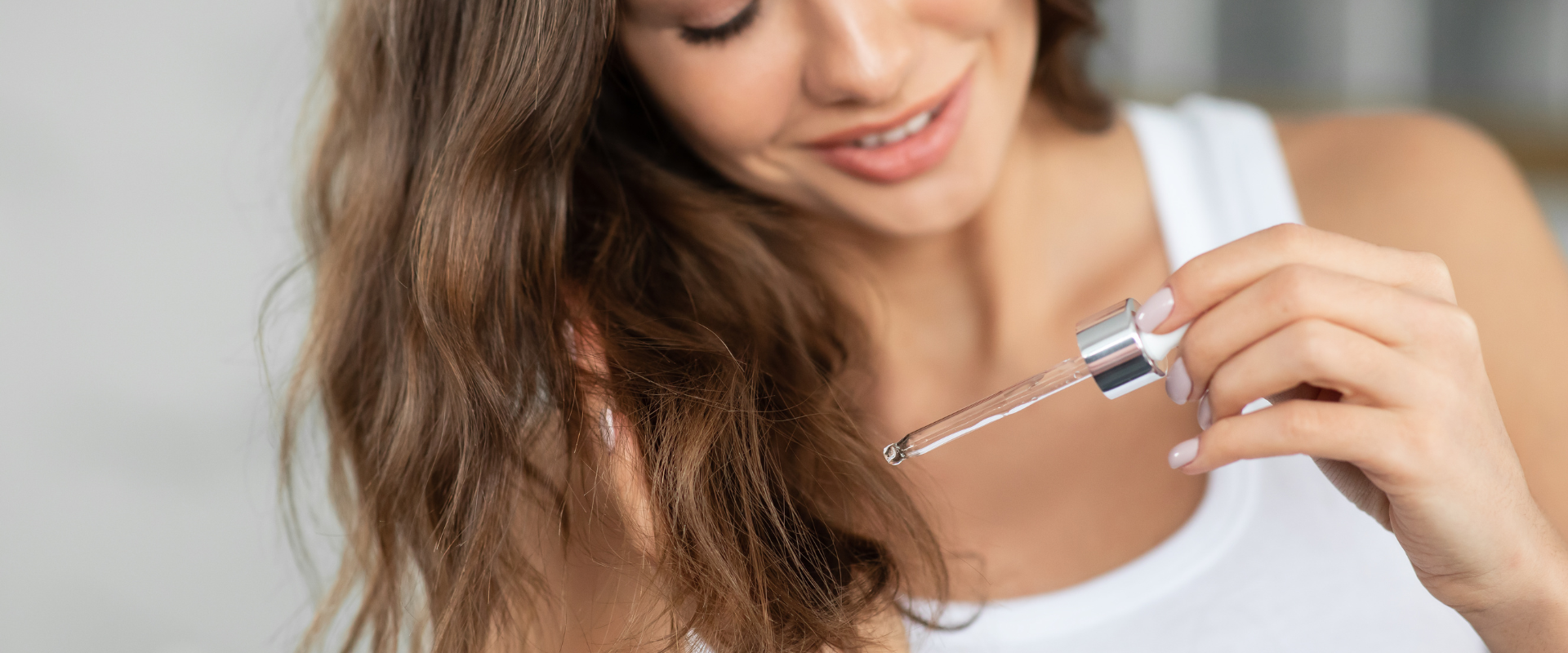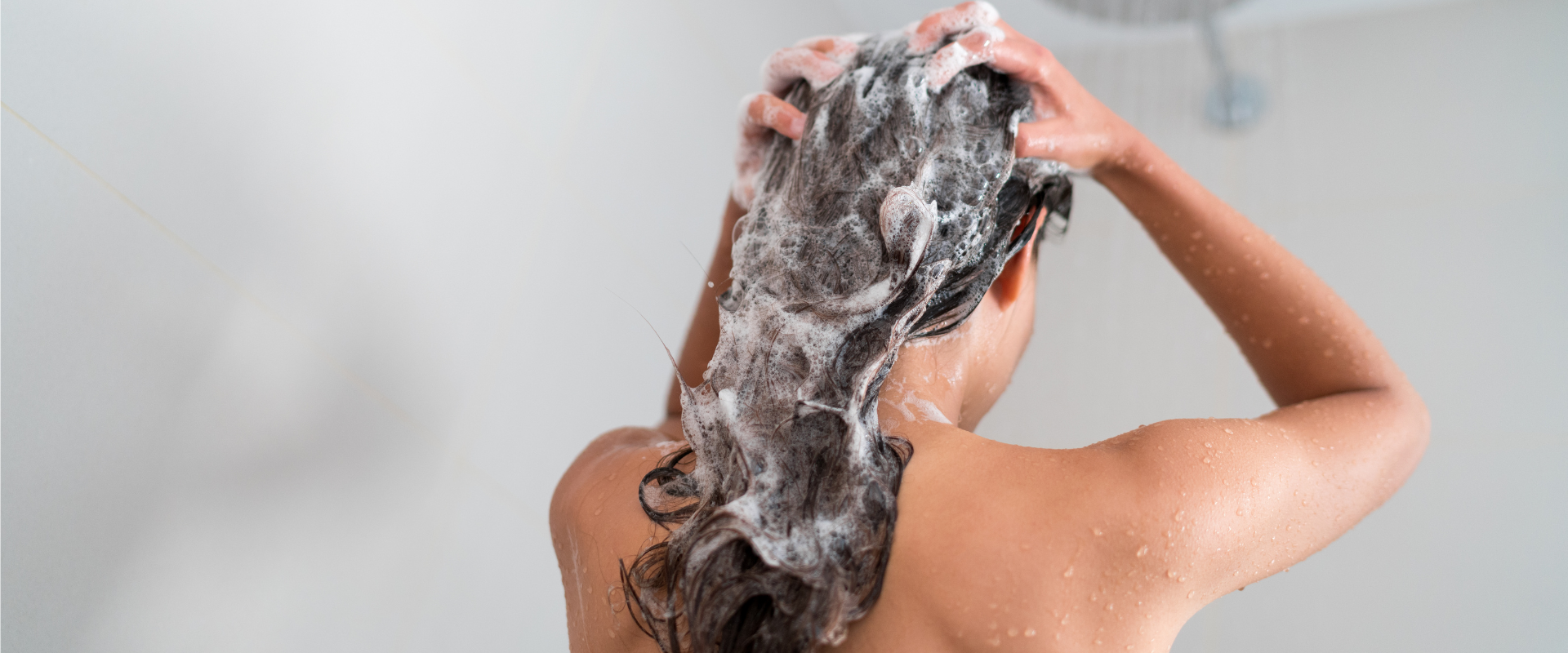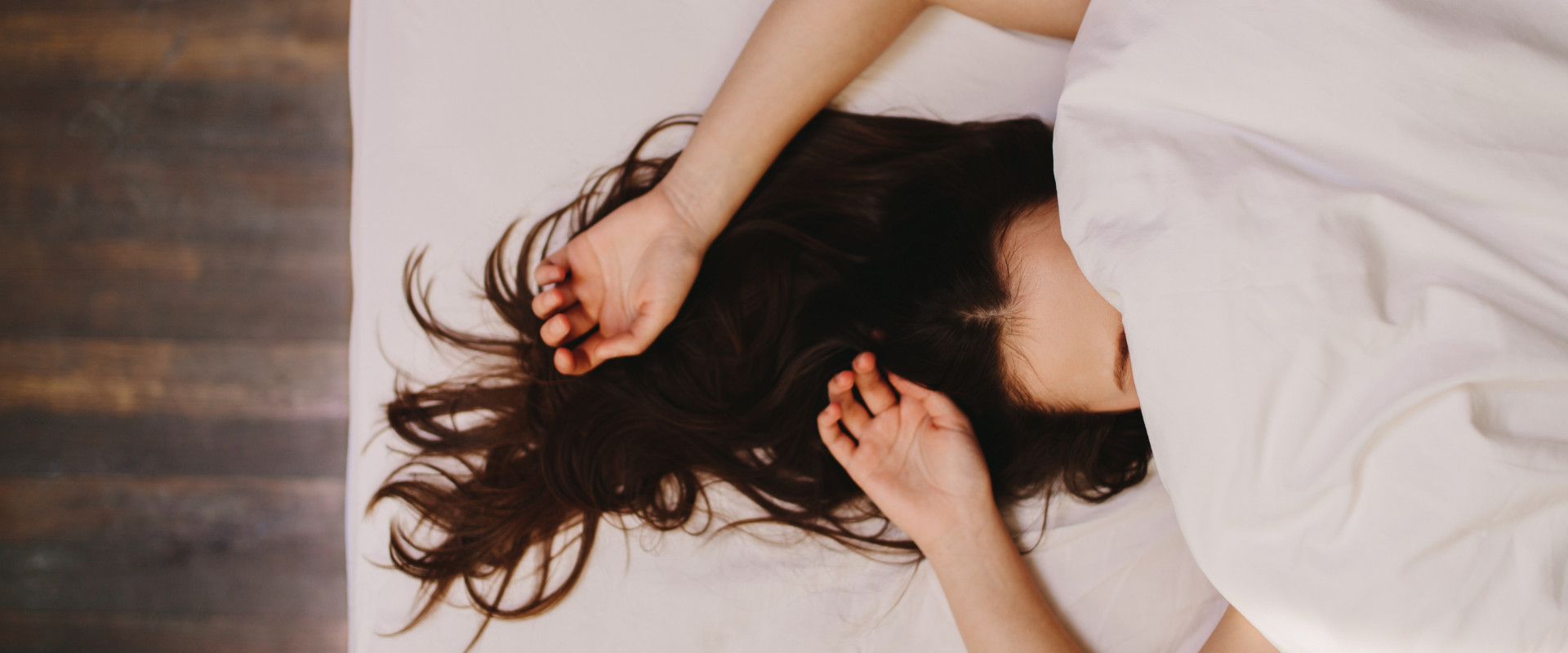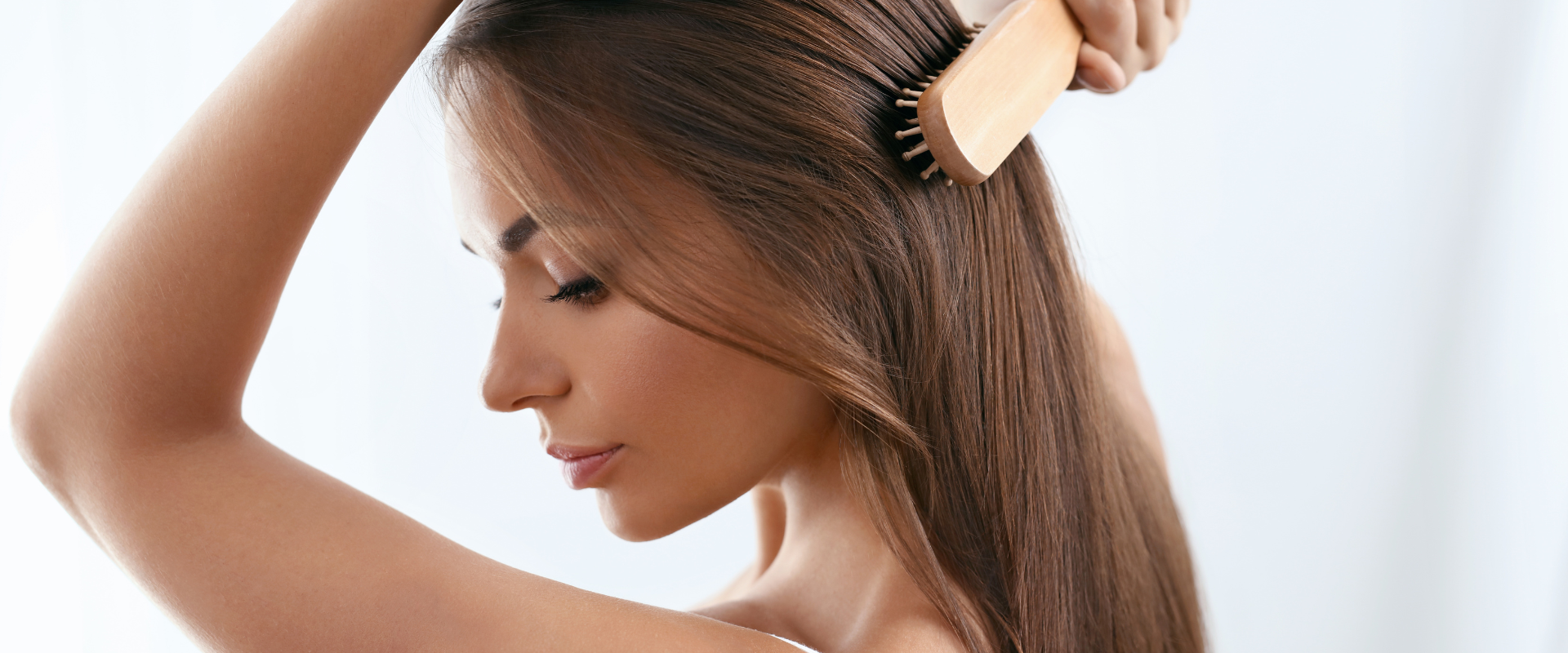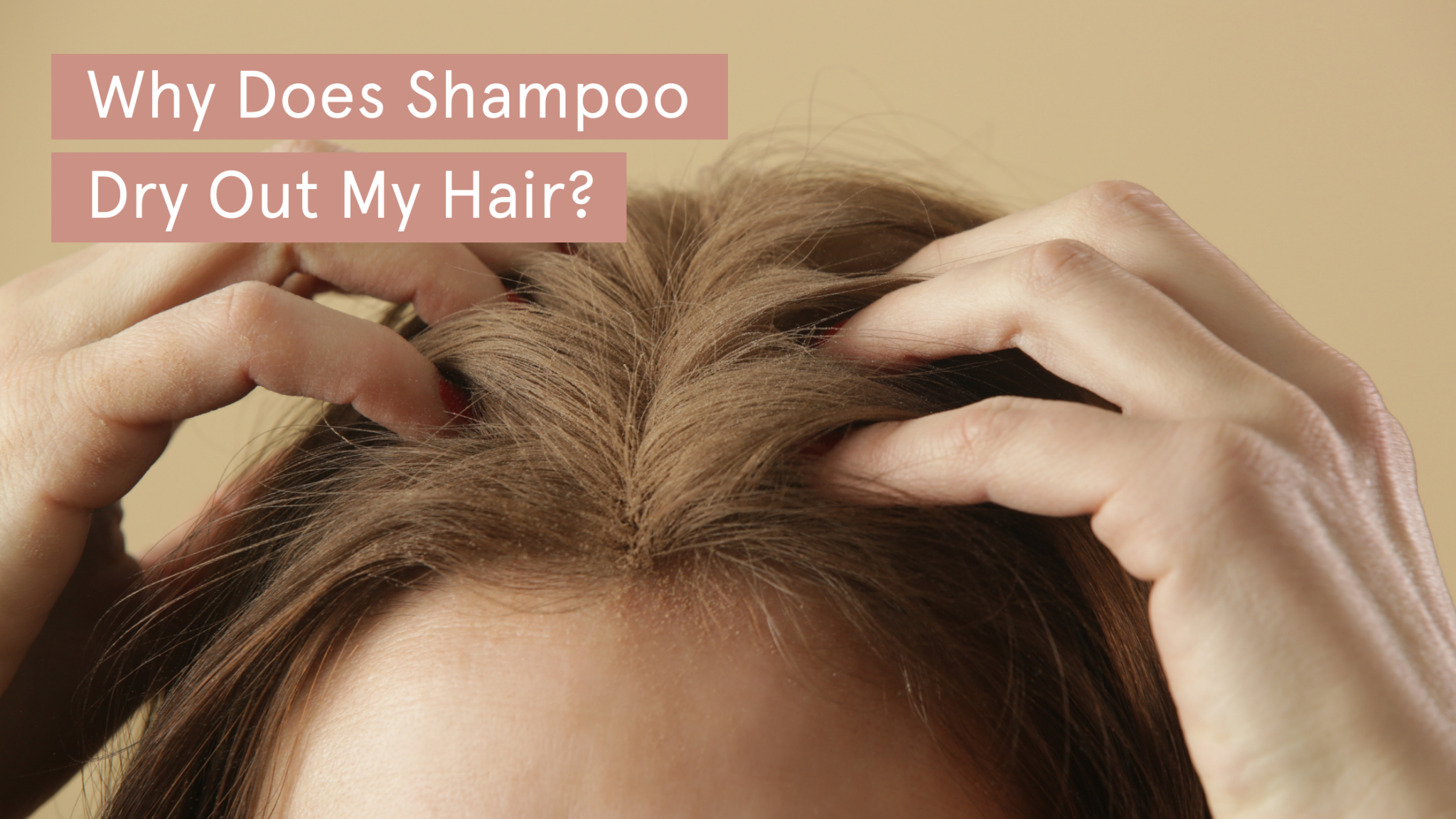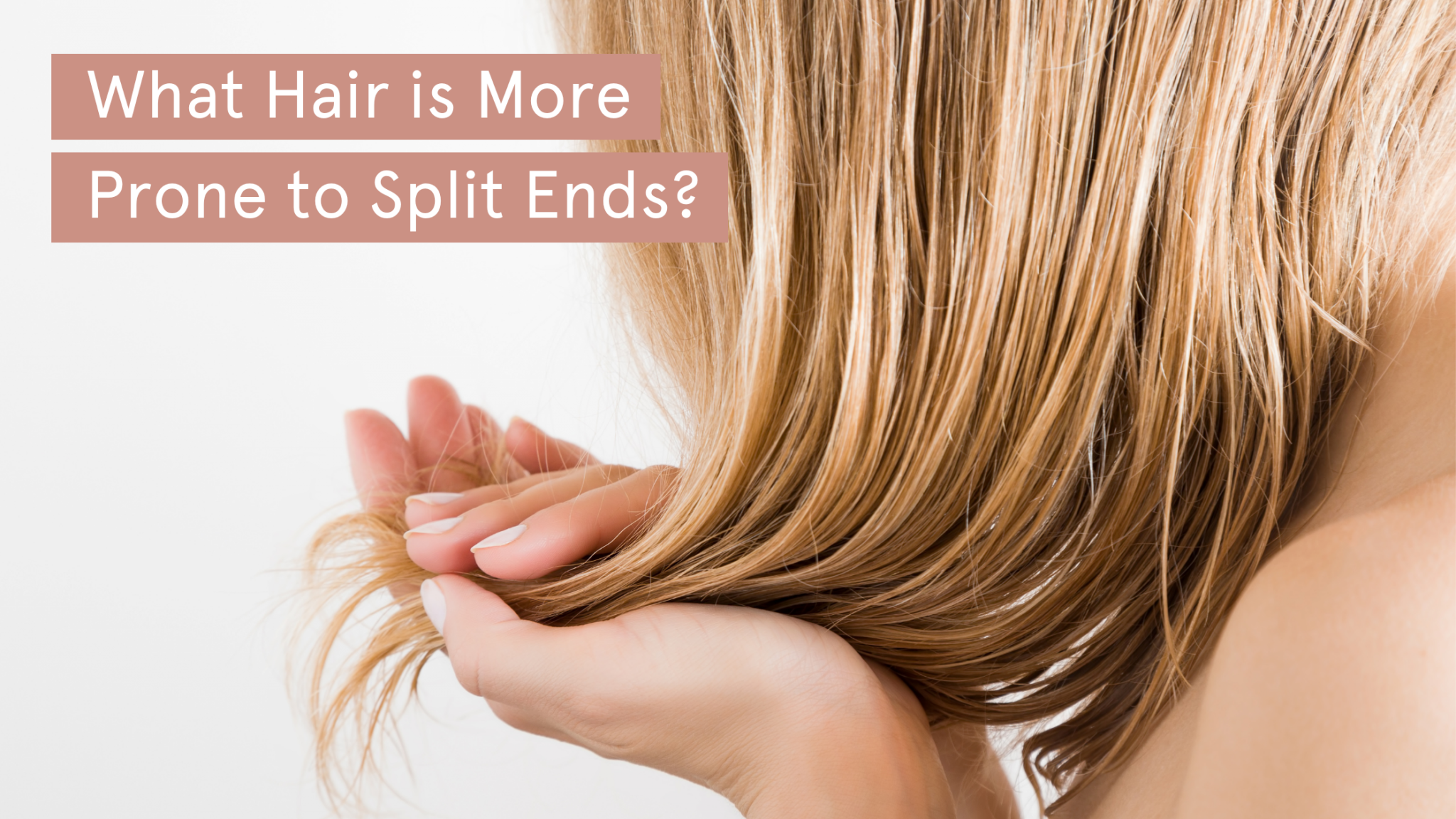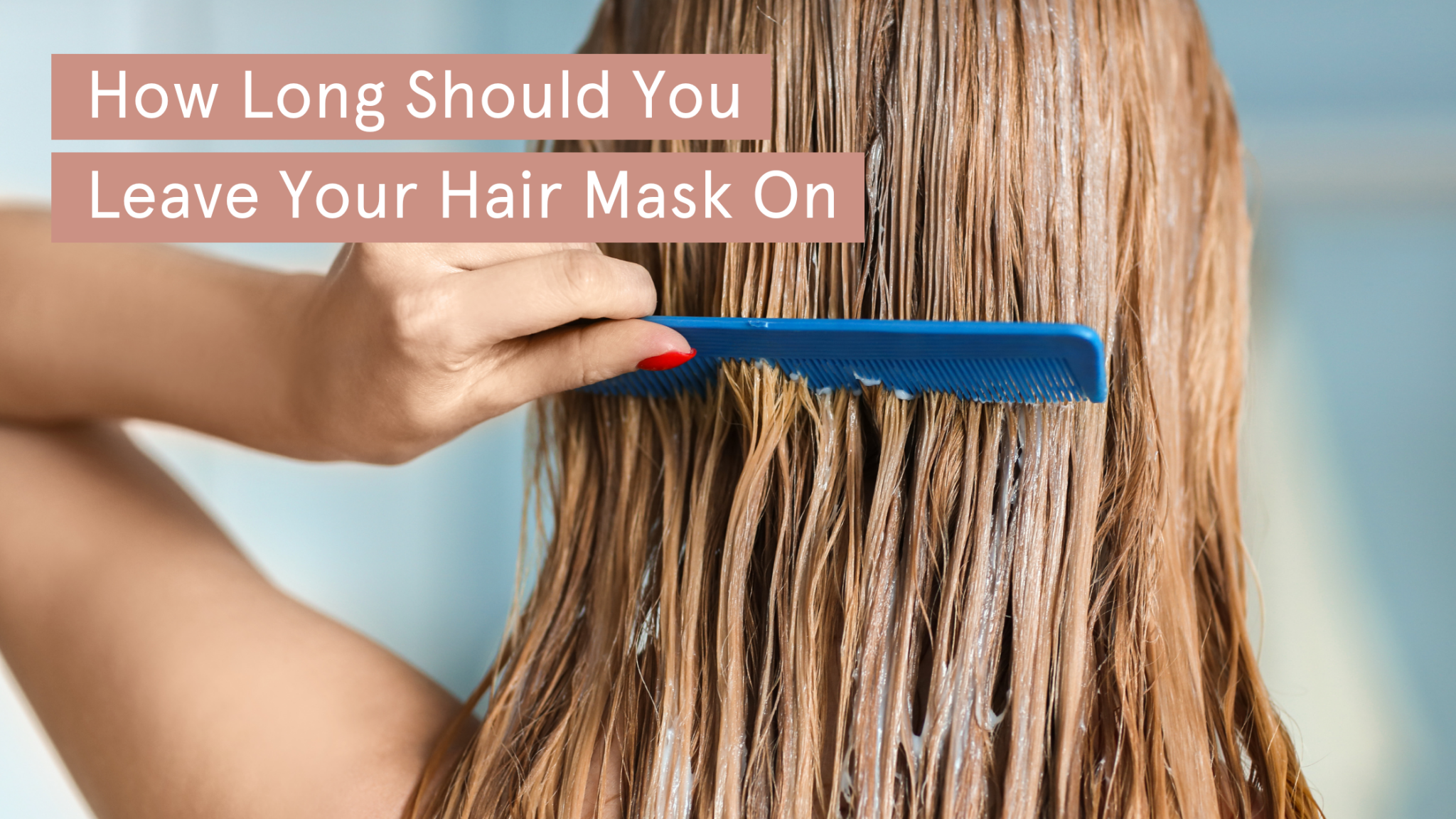Blog
Using a shampoo specifically formulated for dry and damaged hair can help to nourish and repair your hair, leaving it soft, smooth, and healthy-looking. When choosing a shampoo, look for ingredients that add moisture and nourishment, and avoid over-shampooing to prevent further damage.
Read MoreMaximize your blow drying potential with these pro tips! Prep your hair by gently removing excess water with a microfiber towel and starting when your hair is only slightly wet. Use an ionic dryer, a good round brush, and heat protectant, and focus on individual sections to avoid overheating. Keep hair healthy by using high-quality moisturizing shampoo and conditioner. If you have dry hair or hair loss, consider air drying instead.
Read MoreHair thinning can be caused by several factors, and identifying the cause can help find the right solution. Eating a balanced diet, treating health conditions, and avoiding certain hair care routines and medications can help prevent dry and thinning hair.
Read MoreWhile most women are familiar with traditional perfumes and body sprays, hair perfumes are a lesser-known but equally important addition to your fragrance collection. They not only add a refreshing scent to your locks but also offer additional benefits such as nourishing and moisturizing properties that traditional perfumes may not provide.
Read MoreTreating dry and damaged hair requires a multi-faceted approach that involves providing your hair with the right nutrients, moisture, and protection. By following these tips, you can improve the condition of your hair and restore its natural health and shine.
Read MoreDry hair is a common problem that can be caused by a variety of factors. While there are many DIY hair treatments and moisturizing products available, it's important to choose products that protect the natural oil production process and balance scalp health.
Read MoreThe frequency of hair washing depends on one's hair type, texture, and personal routine. While most people don't need to wash their hair daily, there are exceptions to this rule, such as those who work outside, sweat a lot, or have special scalp conditions. By following these guidelines and taking care of your hair properly, you can ensure that your locks stay healthy and beautiful.
Read MoreTo maintain healthy hair, your nighttime routine is crucial. To reduce breakage, it's best to protect your hair from friction by wearing it up with satin or bamboo scrunchies. Avoid metal or rubber hair ties that can cause damage. Don't sleep with wet hair to prevent breakage. Adding moisture to dry hair before bed with oil or hair serum is recommended. For a nutrient boost, use a hydrating deep conditioning mask overnight. Protecting your hair while you sleep is vital for optimal hair health.
Read MoreAre you considering going back to your natural hair color? Whether it's because you want a change or want to give your hair a break from chemicals, it's important to know that the process can be complex, depending on the current state of your hair as well as its health.
Read MoreIf your hair is always dry, your shampoo may be the cause. You may have noticed that your hair tends to feel dry after using shampoo. It can make your hair quite brittle at the ends. If you’re wondering why that happens, the answer is pretty simple.
Read MoreSome hair types are more prone to split ends than others. Here’s how to know if your hair is one of them. Split ends are a common problem for many people, but what makes one person more prone to split ends than another? There are several factors that may contribute to your hair’s susceptibility to this common problem.
Read MoreThe length of time you should use your hair mask will vary based on what your hair needs. Here’s how to figure it all out! When you’ve got an extra 15 minutes in the shower, a hair mask is like a mini-spa day. But just how long should you leave a mask on? This depends on a variety of factors, from how much time you have and what your hair is going through.
Read More
